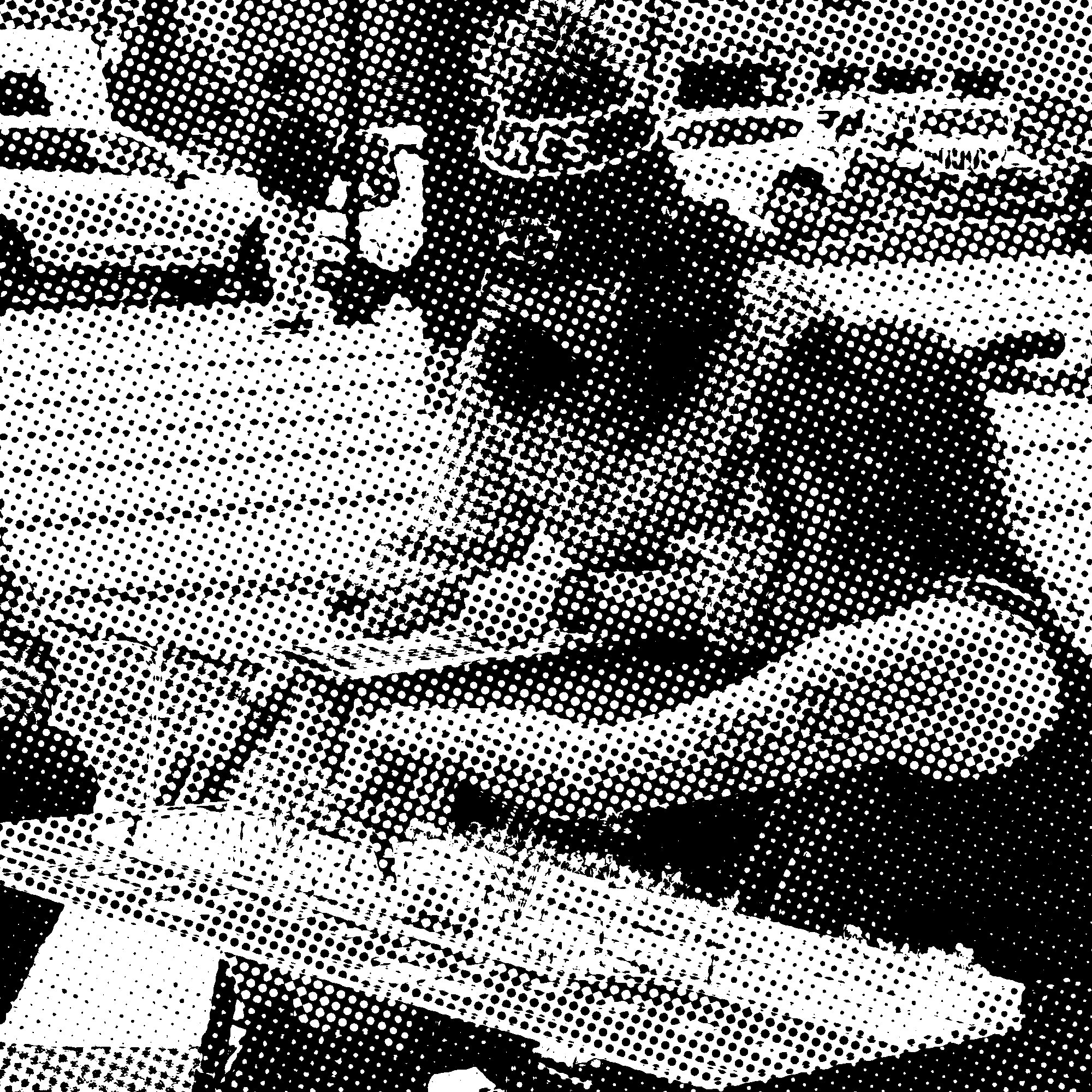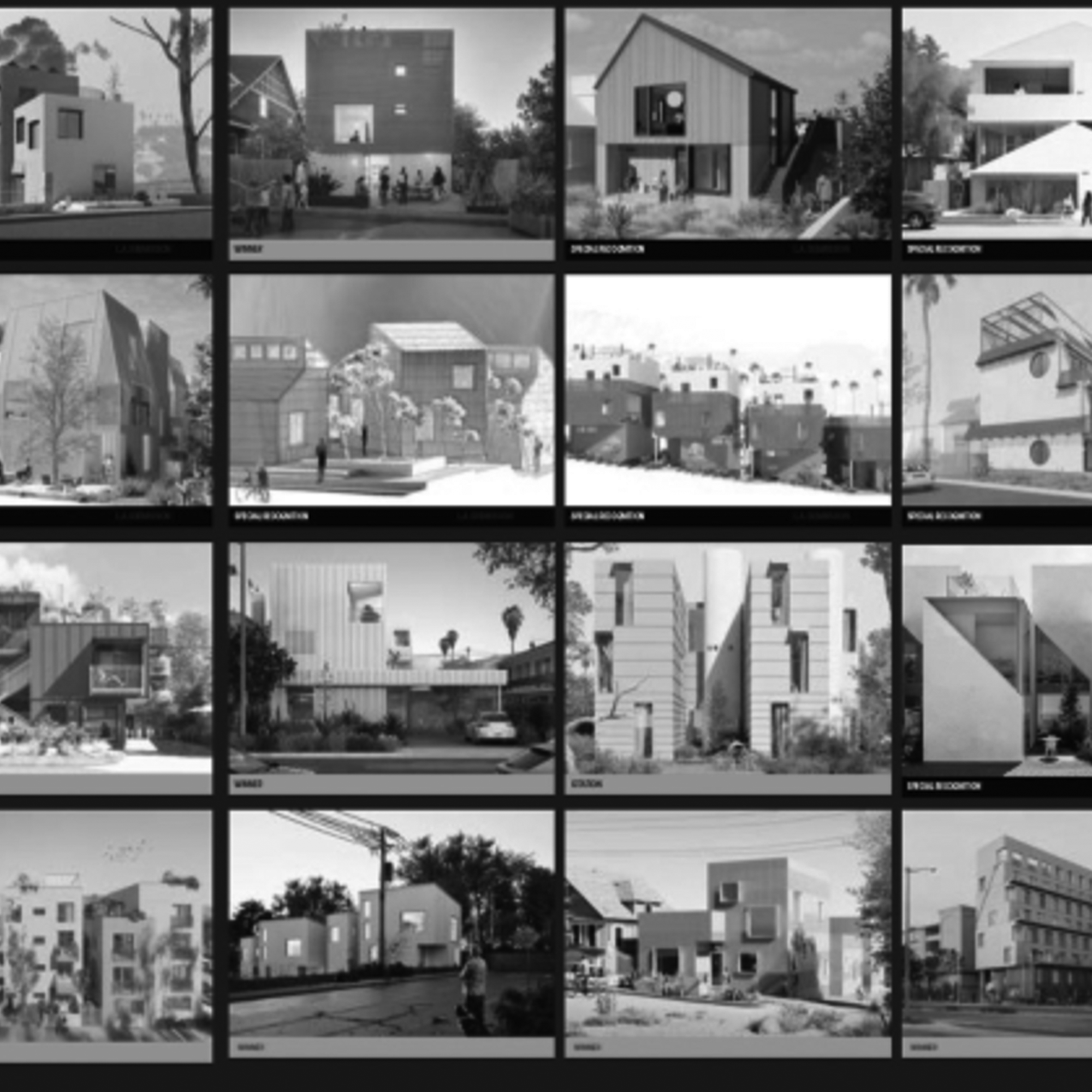cityLAB leverages design, research, policy, and education to create more just urban futures with real impacts for communities in Los Angeles and beyond.
—
Founded in 2006, cityLAB is a multidisciplinary research center within UCLA’s Architecture and Urban Design Department. Through rigorous analysis, radical methodologies, education, and practical implementation the lab actively explores urban dynamics in the postsuburban metropolis, rethinking sustainable approaches to spatial, political, and social infrastructures to promote equitable and sustainable cities.
Although based in Los Angeles, cityLAB’s impact extends well beyond the region. The lab has garnered significant national and international recognition and focuses on building creative partnerships with educational and community organizations in the US and around the world. Our team of architects, designers, planners, and humanists further disseminates new ways of approaching urban studies.
To stay updated on cityLAB’s events and news, you can join the mailing list by clicking here.
To stay updated on cityLAB’s events and news, you can join the mailing list by clicking here.







